Our World War: a fitting swansong for doomed BBC3
Drama of a young man's refusal to join a British deserter's firing squad makes memorable TV
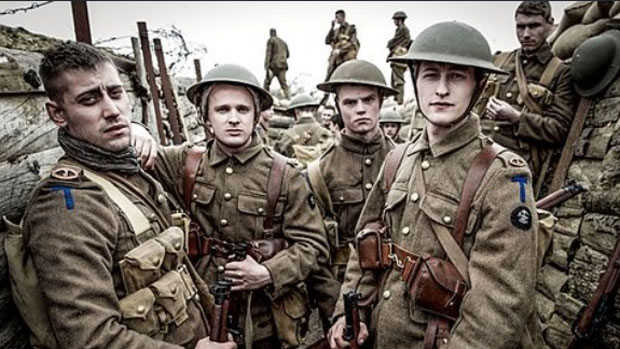
A free daily email with the biggest news stories of the day – and the best features from TheWeek.com
You are now subscribed
Your newsletter sign-up was successful
The three-part series Our World War would be a fitting swansong for BBC3.
Inspired by Our War, a documentary following the lives of British soldiers in Iraq – and arguably the most admired show in the short history of the channel – the new series takes First World War battlefield diaries and turns them into drama.
It may be one of the station's last big commissions: if the BBC gets its way, its youth-orientated channel will close next year and live on only as a nebulous collection of digital streams and downloads.
The Week
Escape your echo chamber. Get the facts behind the news, plus analysis from multiple perspectives.

Sign up for The Week's Free Newsletters
From our morning news briefing to a weekly Good News Newsletter, get the best of The Week delivered directly to your inbox.
From our morning news briefing to a weekly Good News Newsletter, get the best of The Week delivered directly to your inbox.
Like its begetter, Our World War is bold, fresh and unconventional, and it will upset as many people as it engages.
An odd beast, it's less a three-parter than a trio of individual dramas, unrelated by plot or cast, and each with its own distinctive narrative style. The quality, too, is notably inconsistent.
The first episode was the most innovative and the least satisfying. Fittingly, given what's in store for BBC3, it borrowed heavily from the online aesthetic of video games and infographics, with copious overlaid text and maps, and helmet-cam footage of messengers panting to and fro.
Both techniques were, on balance, more distracting than enlightening, but their shortcomings were excusable when set against the failures of plot and script.
A free daily email with the biggest news stories of the day – and the best features from TheWeek.com
Telling the story of the Royal Fusiliers and their first engagements of the war, it laboured to find a fresh narrative perspective. When it failed, it reached for cliché and awkward, leaden irony.
"These aren't bad," said one young soldier, having arrived in France and bought his first croissant. "War is hell."
But if episode one raised doubts that TV has anything more to add to the First World War canon, they were banished last night by episode two.
Even the anachronistic soundtrack worked: what better evocation of the energy and excitement of young men surging through narrow, cobbled streets to sign up at the recruitment office in August 1914 than the Undertones' Teenage Kicks?
Among them is Paddy Kennedy, played convincingly by Luke Tittensor. Brave, smart and a little insubordinate, Paddy has trouble written all over his youthful face. It's no surprise that he clashes with his dope of a sergeant, but less predictable that his defining conflict unfolds not on the battlefield but with his chaplain.
Ordered to join a firing squad and shoot a young British soldier accused of desertion, Paddy wants no part in it. He pleads with Father Brooks (Stuart Graham) to get the man pardoned – or himself taken off the execution duty.
The identity of the condemned man emerges only later. The narrative flashes back and forth, by turn withholding detail and revealing it, but the most memorable scenes are also the most static. Confined within the chaplain's quarters, all of their energy comes from the argument between two men. It owes more to the conventions of theatre than the web.
"I was sent here to kill Germans," Paddy says.
"You were sent here to kill the enemy," the chaplain replies, and the threat of desertion is just as much an enemy as the German army. "Every soldier thinks about running away. Two things stop him: loyalty and fear."
The fate of the men shot for cowardice, long ignored, may now be better known, but the misgivings of those ordered to shoot them is fresh dramatic territory, and full of conflicted morality.
Though our sympathies lies with Paddy, his opponent has good arguments and makes them with warmth, humour and strength. He is no straw man, and nor is he without charm. When Paddy's anger threatens to boil over, Father Brooks warns the young man: "Your war is going to get a lot more miserable if your mates find out you got your teeth kicked in by a chaplain."
Just over 300 British soldiers died in front of British firing squads, a tiny number in the context of trench warfare, but it's the precision of their deaths, the deliberateness of the act, that makes them shocking.
Our World War, or at least this episode of it, brings that precision and clarity to TV drama. To resurrect a sense of shock from the familiar pomp of the centenary commemorations is no small achievement.
The final episode of Our World War is on BBC3 on 21 August at 9pm.
Holden Frith tweets at twitter.com/holdenfrith
Holden Frith is The Week’s digital director. He also makes regular appearances on “The Week Unwrapped”, speaking about subjects as diverse as vaccine development and bionic bomb-sniffing locusts. He joined The Week in 2013, spending five years editing the magazine’s website. Before that, he was deputy digital editor at The Sunday Times. He has also been TheTimes.co.uk’s technology editor and the launch editor of Wired magazine’s UK website. Holden has worked in journalism for nearly two decades, having started his professional career while completing an English literature degree at Cambridge University. He followed that with a master’s degree in journalism from Northwestern University in Chicago. A keen photographer, he also writes travel features whenever he gets the chance.
-
 Political cartoons for February 20
Political cartoons for February 20Cartoons Friday’s political cartoons include just the ice, winter games, and more
-
 Sepsis ‘breakthrough’: the world’s first targeted treatment?
Sepsis ‘breakthrough’: the world’s first targeted treatment?The Explainer New drug could reverse effects of sepsis, rather than trying to treat infection with antibiotics
-
 James Van Der Beek obituary: fresh-faced Dawson’s Creek star
James Van Der Beek obituary: fresh-faced Dawson’s Creek starIn The Spotlight Van Der Beek fronted one of the most successful teen dramas of the 90s – but his Dawson fame proved a double-edged sword
-
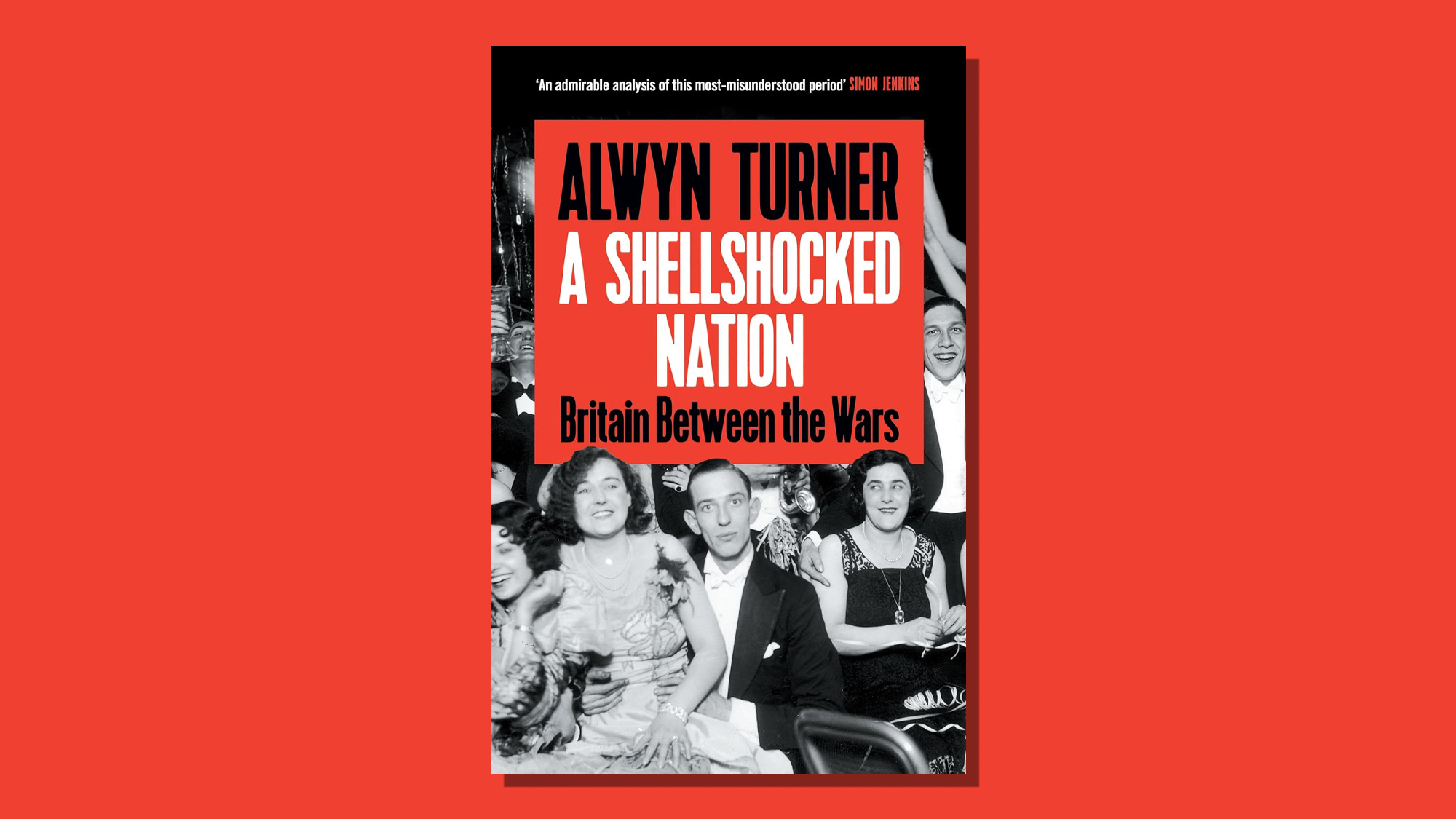 A Shellshocked Nation: Britain Between the Wars – history at its most ‘human’
A Shellshocked Nation: Britain Between the Wars – history at its most ‘human’The Week Recommends Alwyn Turner’s ‘witty and wide-ranging’ account of the interwar years
-
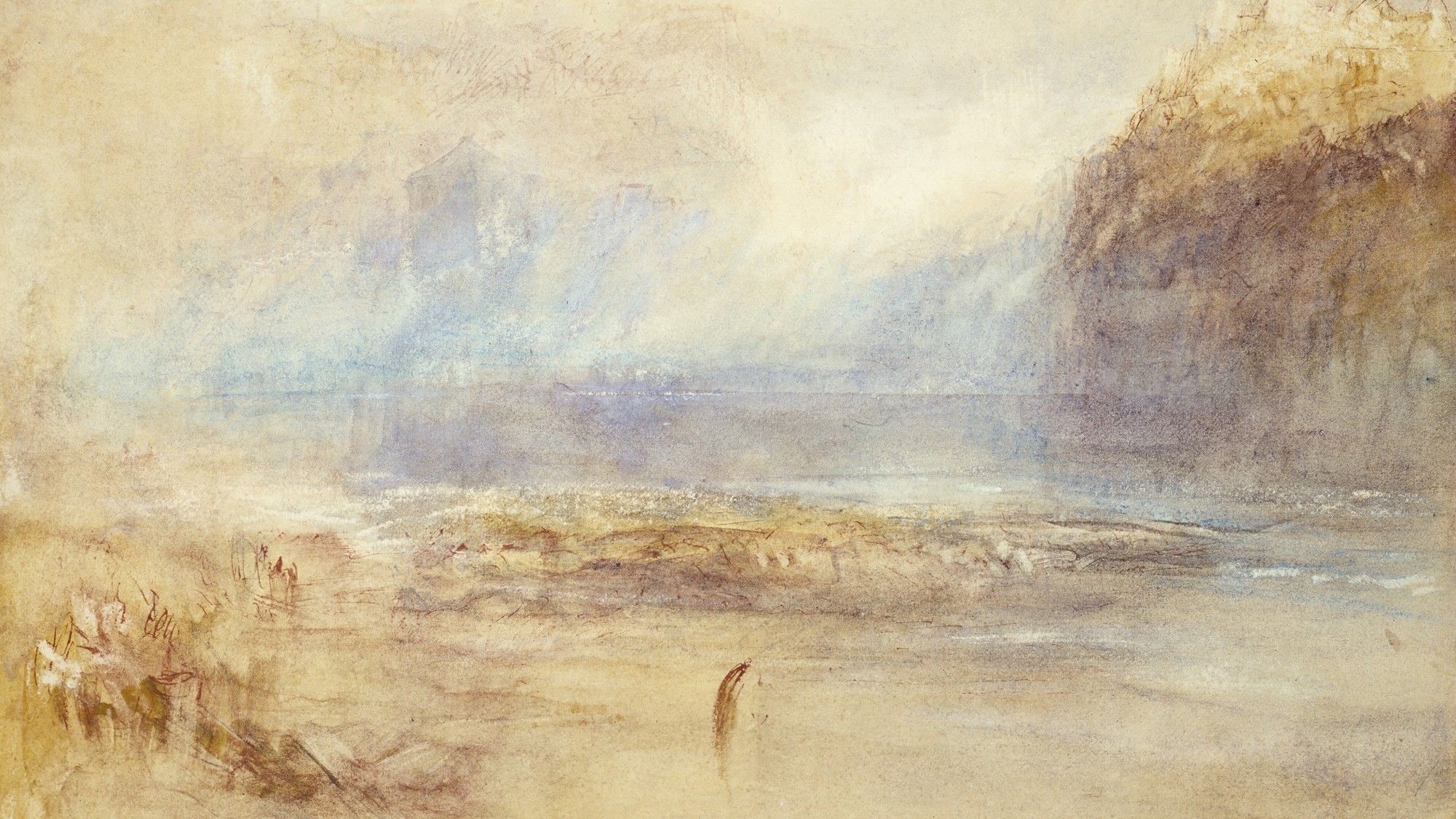 Turner: The Secret Sketchbooks – a fascinating portrait of the great painter
Turner: The Secret Sketchbooks – a fascinating portrait of the great painterThe Week Recommends BBC2 documentary examines the rarely seen sketchbooks of the enigmatic artist
-
 Dianarama examines the ‘extraordinary scale’ of Martin Bashir’s lies
Dianarama examines the ‘extraordinary scale’ of Martin Bashir’s liesThe Week Recommends Andy Webb’s book is packed with ‘astonishing’ allegations surrounding Princess Diana’s 1995 Panorama interview
-
 Eurovision faces its Waterloo over Israel boycotts
Eurovision faces its Waterloo over Israel boycottsTalking Point Five major broadcasters have threatened to pull out of next year’s contest over Israel’s participation
-
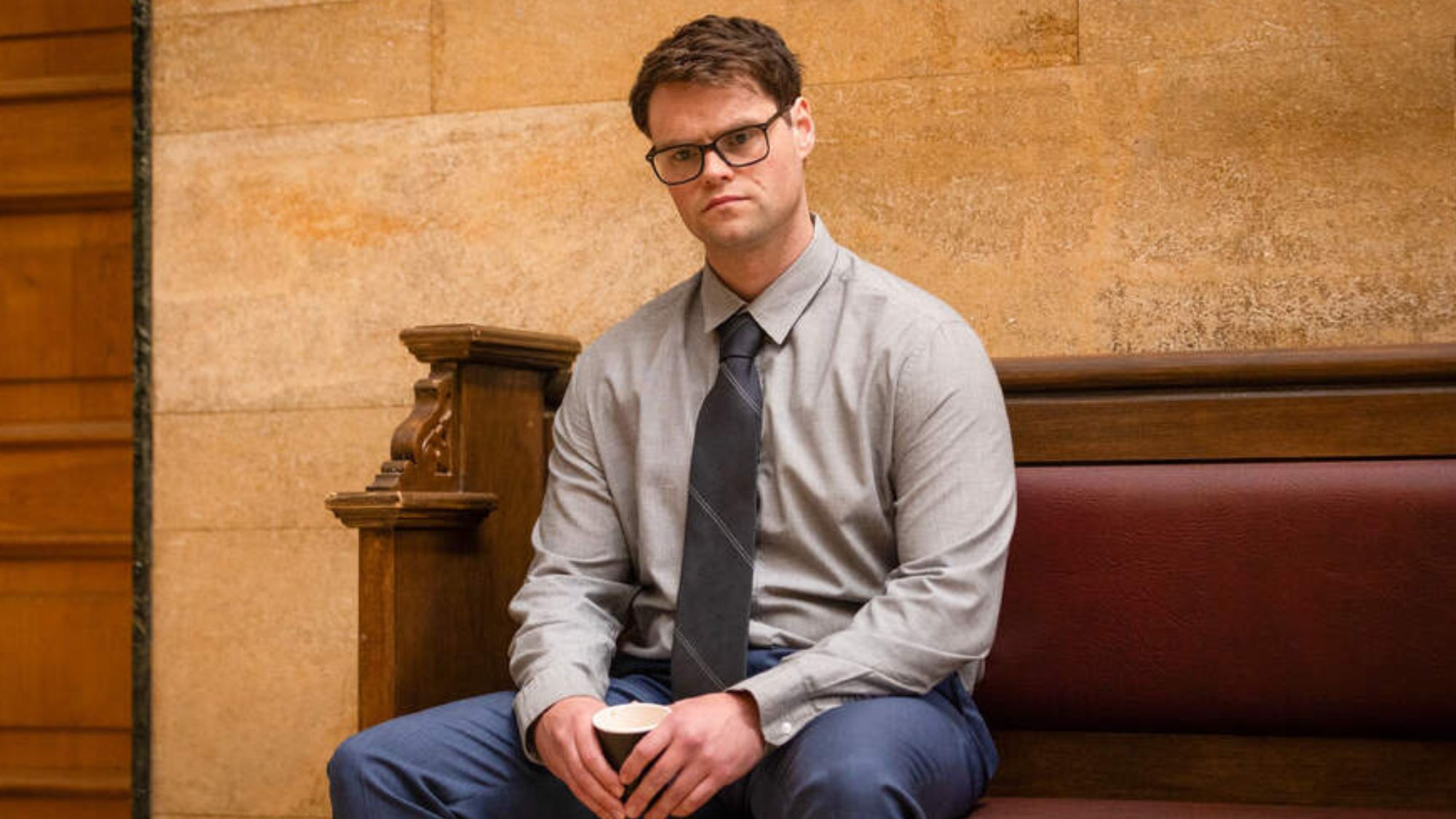 Unforgivable: harrowing drama about abuse and rehabilitation
Unforgivable: harrowing drama about abuse and rehabilitationThe Week Recommends 'Catastrophic impact' of abuse is explored in 'thought-provoking' series
-
 How to go on your own Race Across the World
How to go on your own Race Across the WorldThe Week Recommends The BBC hit show is inspiring fans to choose low-budget adventures
-
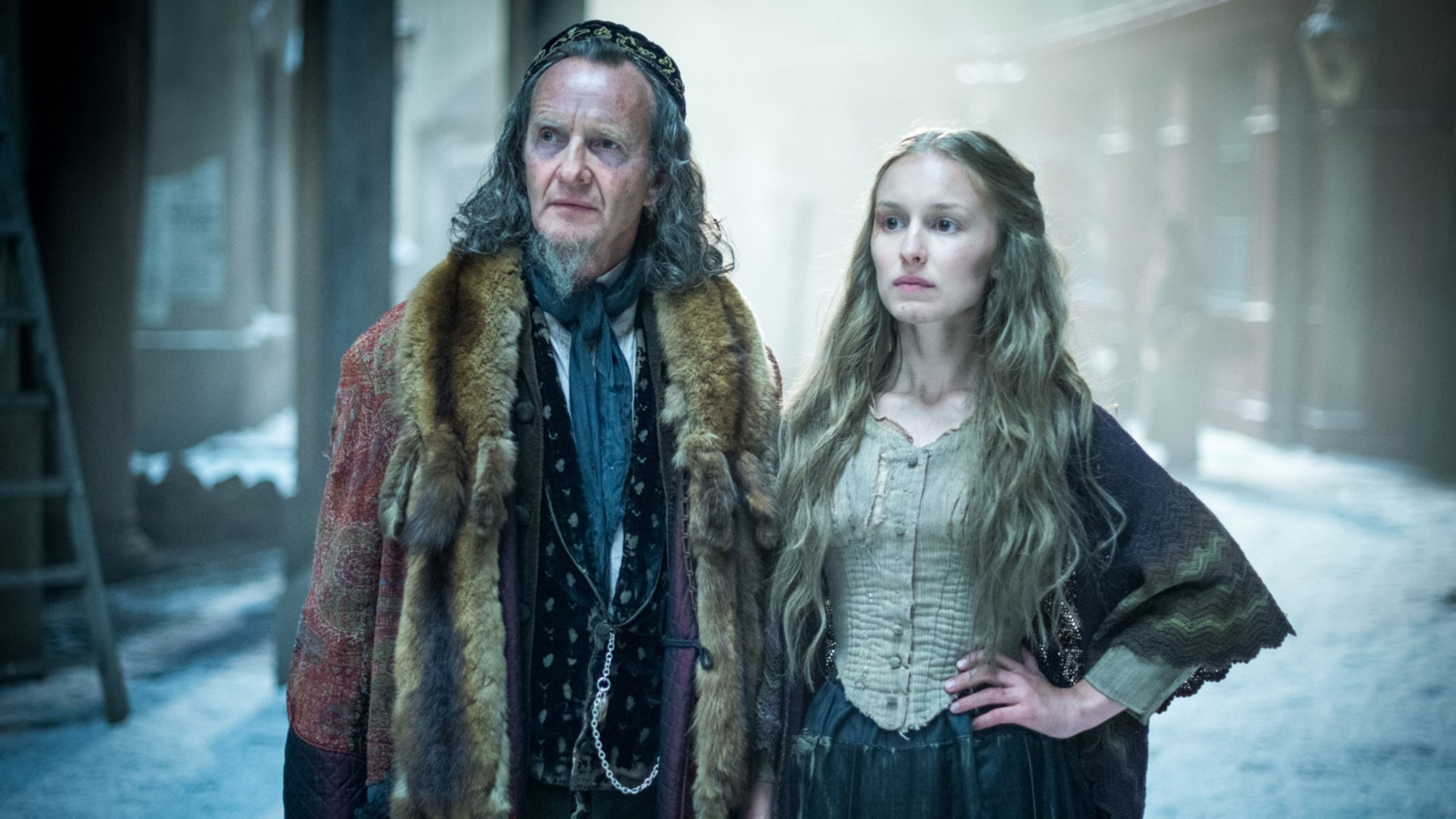 The top period dramas to stream now
The top period dramas to stream nowThe Week Recommends Heaving bosoms and billowing shirts are standard fare in these historical TV classics
-
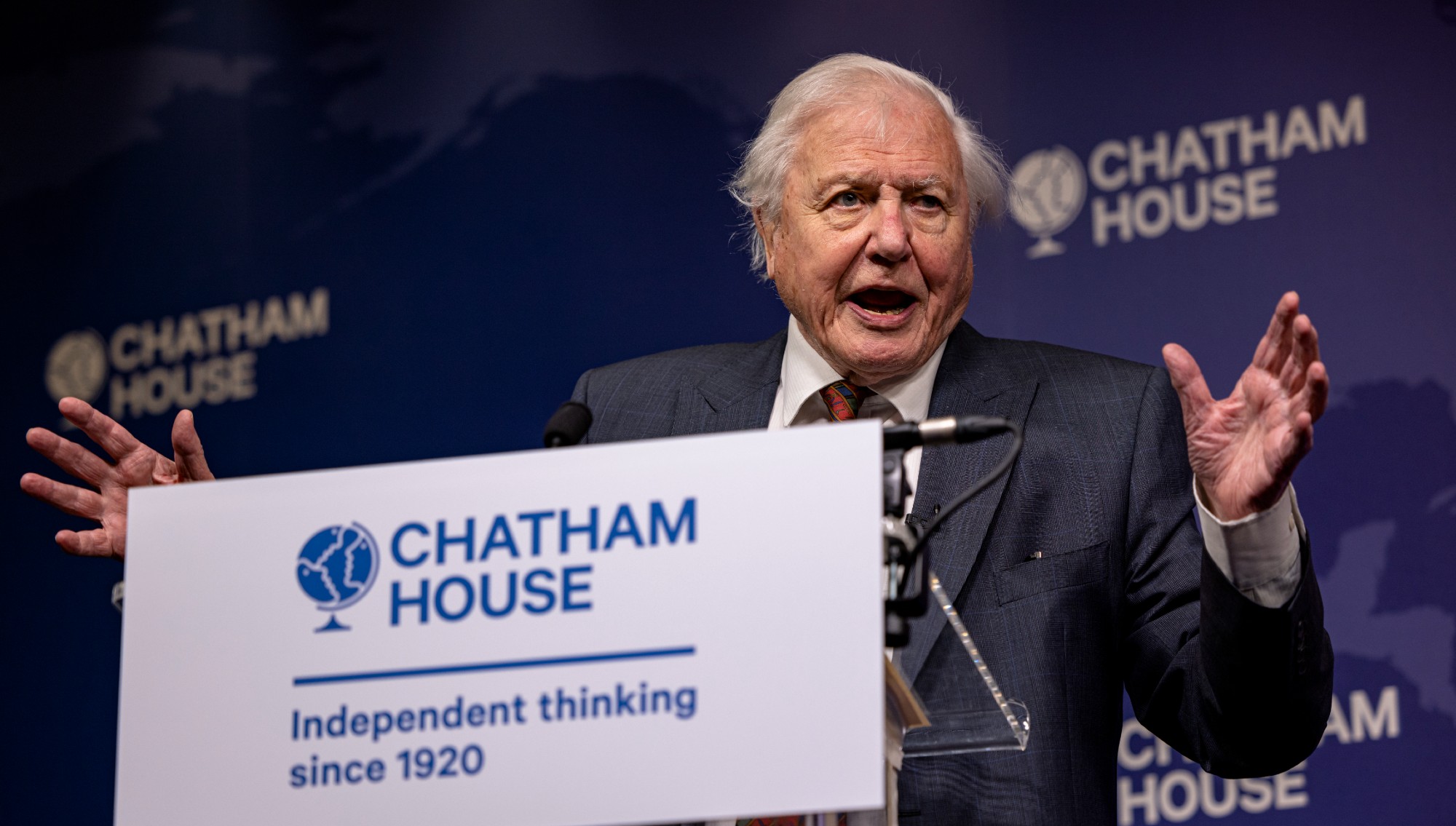 David Attenborough at 99: a 'radical' voice for climate action
David Attenborough at 99: a 'radical' voice for climate actionIn The Spotlight In his new film 'Ocean', TV's best-known naturalist delivers his strongest message yet